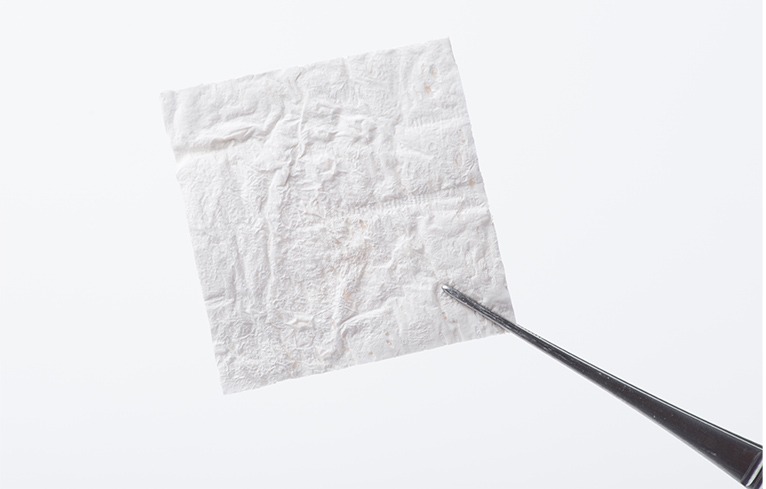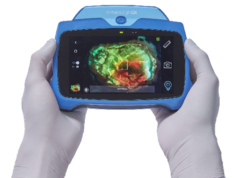
StimLabs has announced the first patient enrolment in the company’s clinical trial assessing the safety and efficacy of full-thickness human placental graft Revita as a wound covering for diabetic foot ulcers.
The multicentre randomised, controlled study will evaluate the efficacy of Revita in improving wound closure rates in DFUs as compared to current standards of wound care treatment. Revita is the first amniotic allograft to capture the complete, intact membrane in a shelf-stable format.
“We are thrilled to commence patient enrolment in this key diabetic foot ulcer study,” said John Daniel, founder and CEO of StimLabs. “As the first intact, shelf-stable placental membrane, Revita has set a new standard for amniotic tissue products, and the clinical outcomes we have seen across the country have been exceptional. This study will build on the evidence we have collected to date, and validate the feedback we have received. We are also excited to leverage the power of Tissue Analytics for this study. This unique platform uses machine learning to more accurately evaluate wound characteristics, increasing the accuracy and integrity of our outcomes data.”
Diabetes is on the rise and affects approximately 30 million people in the USA. As many as 25% of patients with diabetes will develop a diabetic foot ulcer within their lifetime. Of that total, up to 24% of those individuals’ condition will lead to an amputation. Amputated patients have around a 50% survival rate. In addition to these outcomes, diabetic foot ulcers are also a major financial burden on the health care system. Care for these patients costs public and private payers approximately US$9–13 billion annually, in addition to the costs associated with diabetes itself.
Study Details
The study is a randomised, comparative, controlled trial that will evaluate the efficacy of Revita full thickness placental allograft in improving wound closure rates and mean closure time in diabetic foot ulcers as compared to current standards of wound care treatment. The trial will be conducted at primary institutions/centres in the USA. This trial focuses on patients who suffer from Type 1 or 2 Diabetes with diabetic foot ulcer(s) greater than 1cm2 and less than 25 cm2 for longer than four weeks prior to enrolment. The target enrolment is 40 patients, and patients will be randomised to either the Treatment or Control group. Additional study outcome measures include time to closure, number of patients with 50% ulcer volume decrease by day 28, and percent healed in the open label phase.












